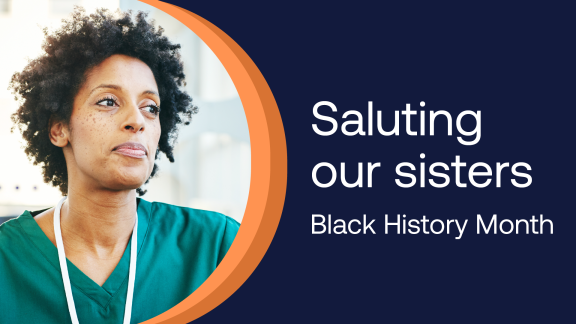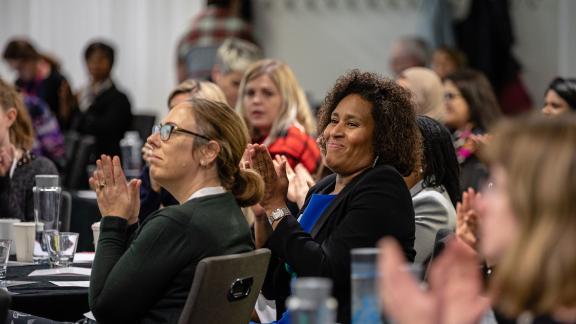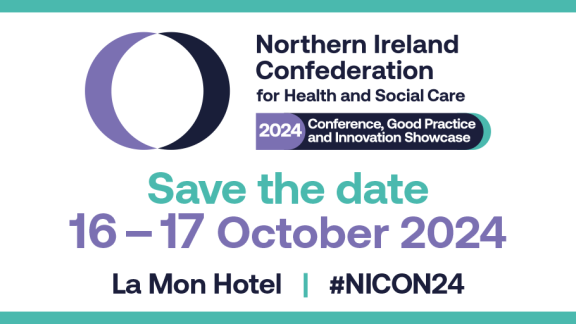Supporting Black History Month 2023

Black History Month provides an opportunity to recognise and celebrate the invaluable contributions of black people to society and to health and care. It also serves as an opportunity to inspire and empower future generations. This year Black History Month is dedicated to honouring the achievements of black women who are often forgotten.
The theme of ‘Saluting our Sisters’ highlights the crucial role that black women have played in shaping history, inspiring change, and building communities. Across the NHS events are taking place to showcase and celebrate the work of pioneering black women in health and care.
Joan Saddler OBE, director of partnerships and equality, NHS Confederation said; “As we Salute our Sisters’, we celebrate those pioneers from across Britain and the ‘British Empire’ of old, who made the NHS possible. We especially celebrate those who have overcome institutional racism to become its leaders today.
We also acknowledge the huge contribution made by our invisible sisters, undertaking many of the unglamorous and unappreciated jobs in our own workplaces. Let’s take a few minutes to thank them all as a key driving force powering the NHS.”
Sam Allen, chair, Health and Care Women Leaders Network said; “As we celebrate this year's Black History Month with the theme "Saluting Our Sisters," we're reminded of the significant contributions made by black women in healthcare and the importance of recognising and celebrating their achievements.
The Health and Care Women Leaders Network will continue to honour and support the remarkable black women working in the healthcare sector. They have not only provided essential care but have also been advocates for underrepresented communities, enriching the healthcare sector.
Black History Month is more than just a reflection; it's a call to action. Let's remember the past, celebrate the present, and work towards a future where all women can succeed, regardless of their background."
What’s happening during Black History Month
- Universalise the best: An antiracist model for building healthy communities
Our BME Leadership Network is holding its annual lecture on 18 October at the House of Commons with Professor Kevin Fenton and Stephen Timms MP. The lecture will enable NHS leaders to understand and harness the assets and creativity of their local communities in developing their approach to addressing health inequalities. This event has now sold out. - Turning intent into Action
The NHS Confederation’s Health and Care Women Leaders Network is holding its annual conference on 1 November. The event features both Dr Jacqui Dyer and Christiana Melam as keynote speakers. They will share insights into their career journeys while educating delegates on the challenges and triumphs faced by black women in their respective fields.
Further information
Visit the NHS Employers’ Black History Month page to find out what else is happening across the NHS and access resources that support race equality in the workplace.
Join the conversation on X (formerly Twitter)
Follow: @NHSE_Diversity, @NHSC_BMELeaders, @HCWomenLeaders
Use hashtags: #BlackHistoryMonth #SalutingOurSisters.



